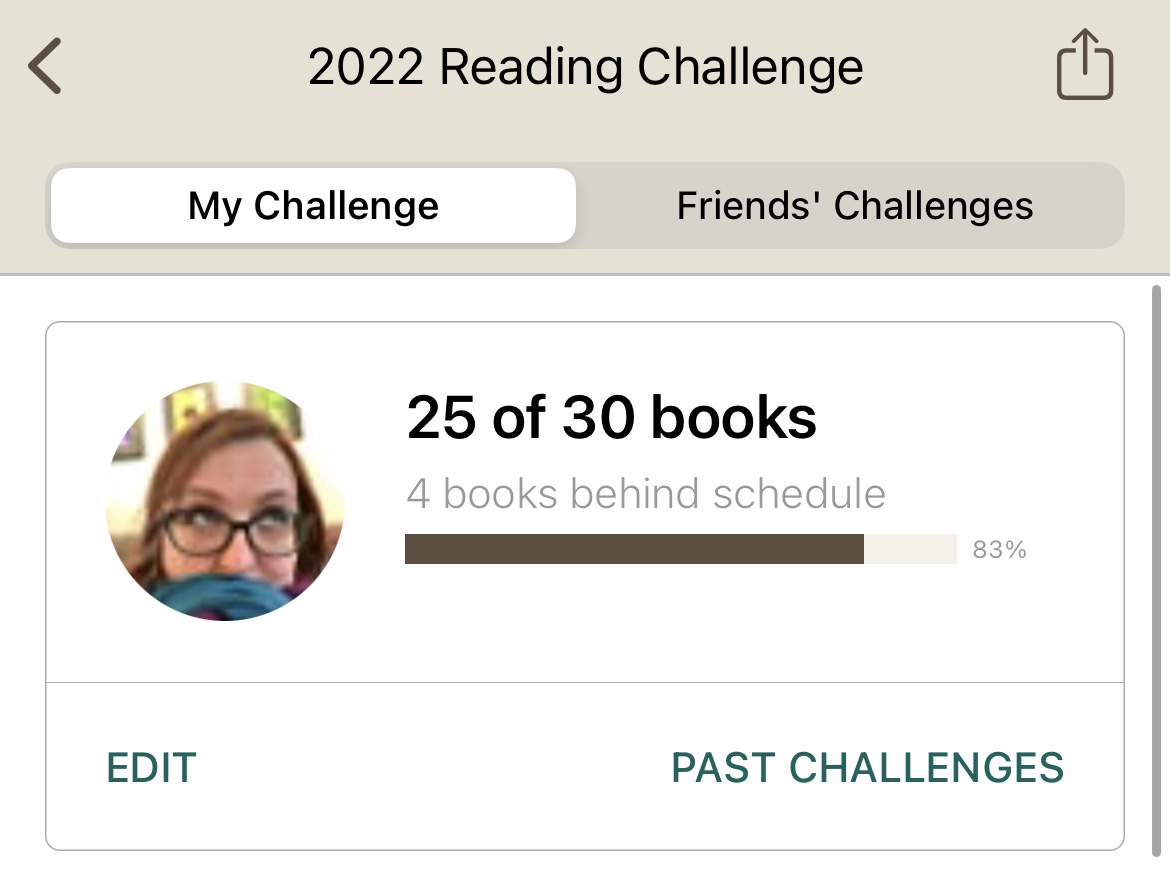We recently shotgunned all of the Great Canadian Baking Show on Netflix. And now, all we want to do is put on sweatpants and bake things.
One particular bread that caught my eye was fougasse – what better for a beginner baker than a finicky French bread?
So the thing about rising bread is that it likes to be warm and moist. After four hours, I went over to my supposedly rising bread and felt it to find it was cold. Like, it felt like I had pulled it out of the fridge a few minutes prior. The top was covered with a tea towel but the bread underneath felt crunchy.
“Eh, I’m sure it’ll be fine”
Famous last words for so many DIYs.
The bread rolled out, was scored and… just didn’t look right.
“Eh, the seasoning will fix it”
Sometimes, a good cook will prove the above true… but baking – that’s a fussy kettle of fish.
What went wrong?
Well, first the rise was all wrong. It was cold and dry and literally in a direct draft.
Next, I rolled it waaaay too thin. About a quarter of an inch when I later re read the recipe and saw it called for an inch thickness. AN INCH.
Lastly, my fougasse was not evenly rolled. The difference from one end to the other was nearly good to salty inedible shards.

Failing Better
I’m learning that baking does have a feel. As a baker you learn how the bread bakes and rises, you have to feel what the bread can take, how long to knead, when to rest.
As someone who cooks, I’ve learned there are so many rescue strategies you can employ to save a dish when it’s going off the rails. And I’m sure there are strategies to save your baking… but I just don’t have a feel for them yet.
So, first of all, I need to learn to follow the recipe until I get the feel for bread. No loosey goosey with the times and temperatures. Learn the basics, and then and only then I can play a bit more.
Next, properly proof. I should have been checking it, and when I felt it was cool, I should have intervened and gotten it warmed up.
Lastly, I needed to be more careful in rolling – it was sloppy and lazy and made almost a third of the bread inedible.
So, What Did We Learn?
I’m impatient, and don’t always feel like putting the time in to develop the skills I want. I know this is common, but I need to acknowledge this: I am not good when I do things the first time.
Learning things takes time and focus – it’s absurd to think I could rush through and make it work on my first try. It’s even more absurd to think I could rush and half read the recipe and still succeed. Read the recipe, Haska.
I am overconfident when I know just a little (where the heck is my imposter syndrome?). This isn’t a big deal when the only thing on the line is a loaf of bread, but what if I’m not being thorough and thoughtful when I’m presented with big, important new information in the real world? Am I really questioning my beliefs and biases often enough?
It seems silly to extrapolate big themes from a failed loaf of bread, but I’m an English major. Sue me.
At the end of the day, the real failure here would be to not try again, or to try again without the needed care and attention.
So, here’s my takeaway to myself: slow down, question what you know, and ask what you don’t know.
